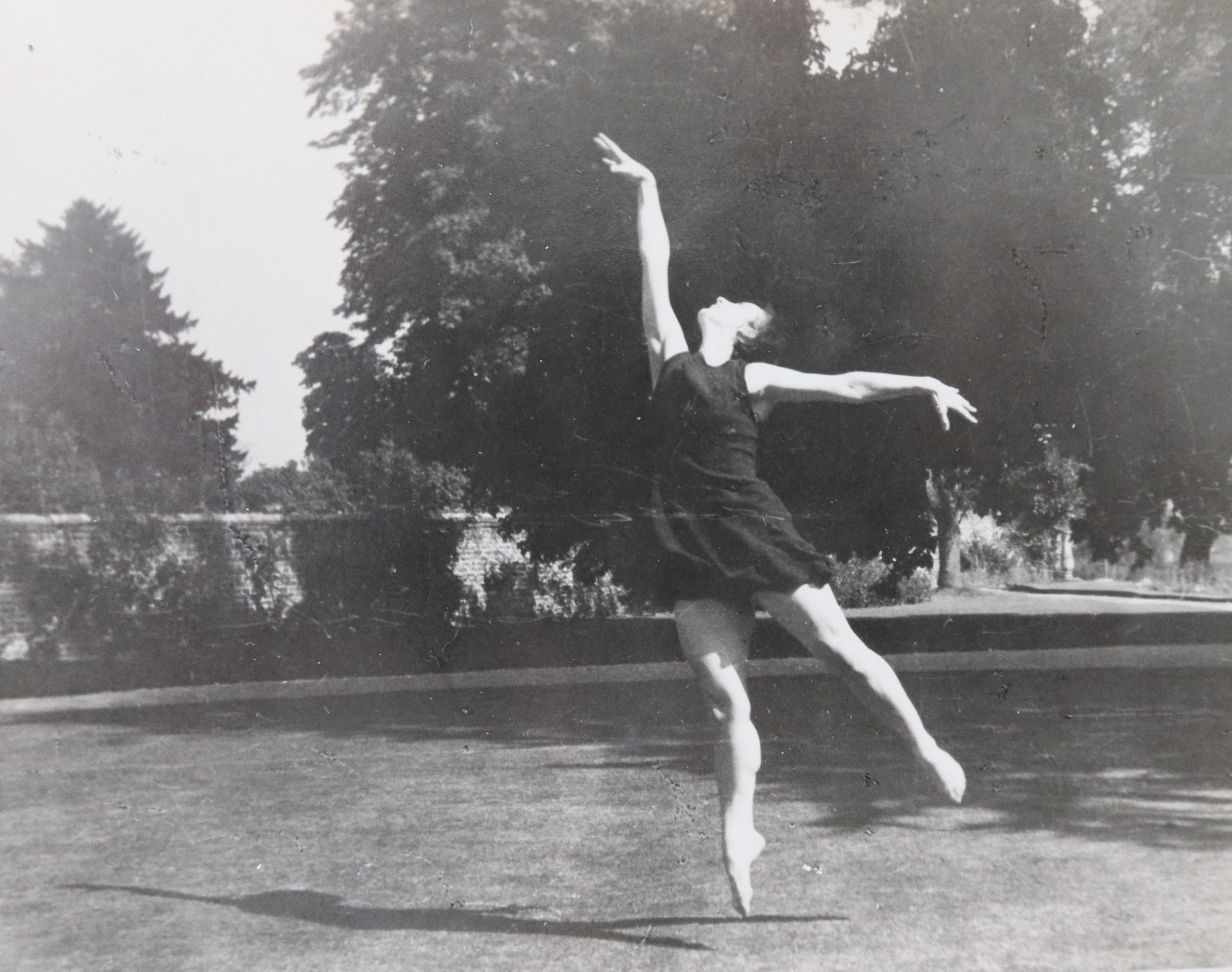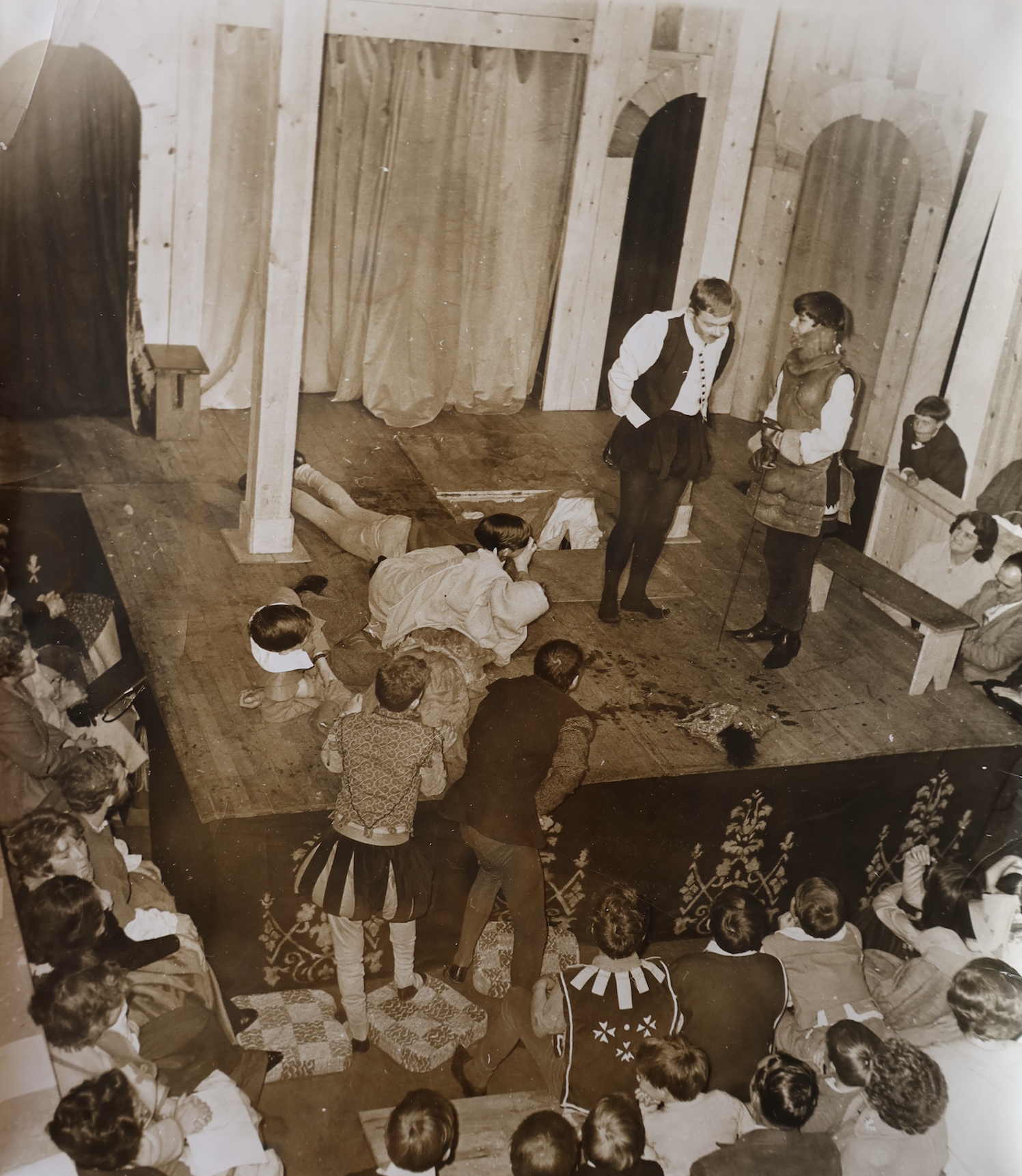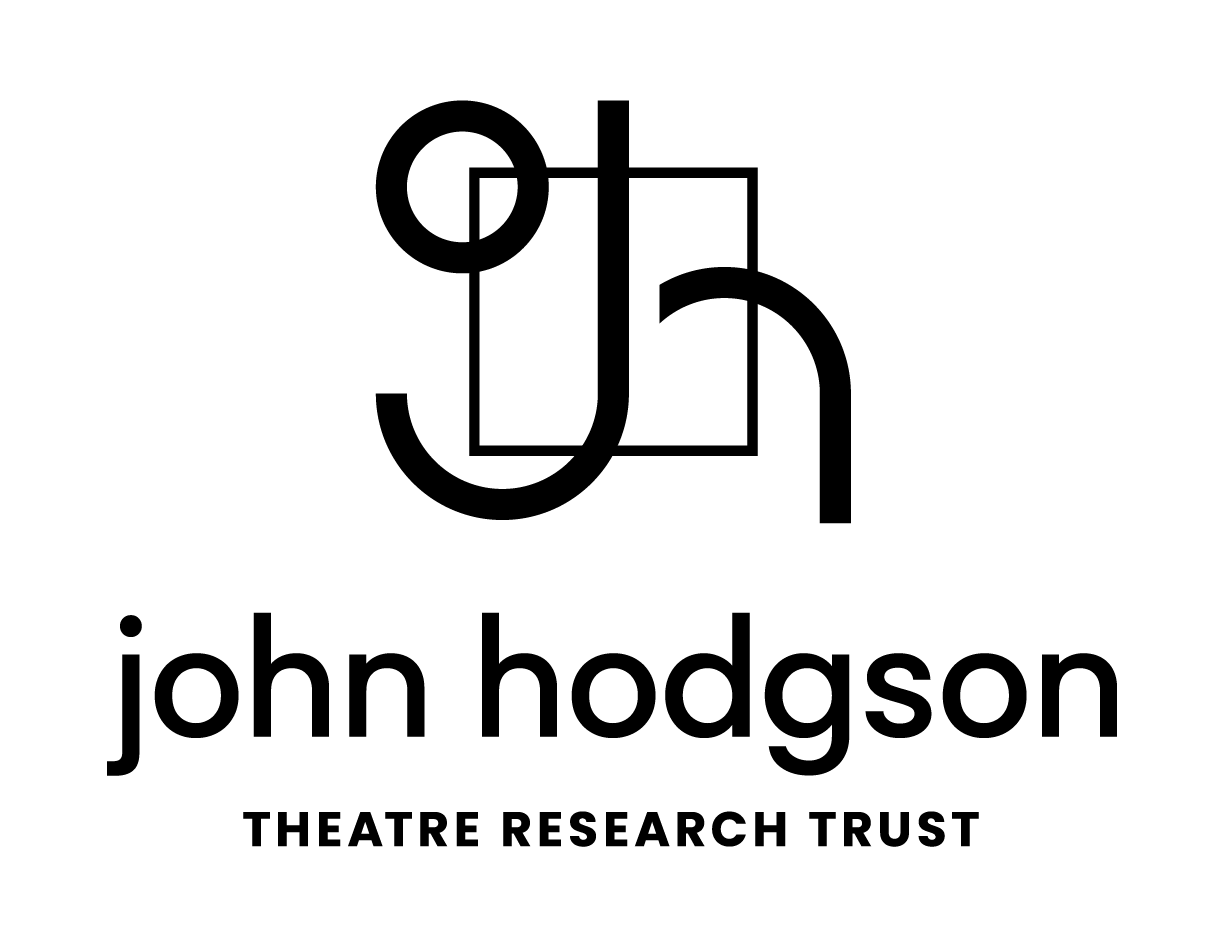
Bradford City of Culture 2025
We are delighted to announce the names of our award winners for the Bradford City of Culture. Thank you to everyone who sent over an application:
DAN LOOPS
SUE DYDE AND THE BRADFORD BELLES
ANNE MORGAN
JUDI AMATO
MARTIN SCOTT
BEV ADAMS
PAULA BOYLE
Submitting an Application
Please submit all applications to info@jhtrt.org.uk
FAQs
Can I receive feedback on my application?
Unfortunately, we are unable provide feedback for failed applications.
Is there any particular format I should use for my application?
None whatsoever as long as you address the questions above. Submissions may be supported in a variety of ways, including the use of multimedia, YouTube links and so on. x
How long will it take to get a decision?
The Trustees meet at the end of June and December to assess applications. Applicants will receive half the agreed amount in advance and will usually be asked to provide a progress report half-way through the project, at which point the second half will be paid. The progress report may take the form of blogs, podcasts etc.
How much funding can I apply for?
Individuals outside an academic institution wanting to pursue a question or gain experience in their field of drama, theatre, dance, performance, or process that will further their knowledge and experience or produce data/material that will benefit other theatre makers. (Up to £2,000 with matched funding)
Individuals wanting to engage in particular research or experimentation, to further an academic qualification at PG level. (This does not include academic fees – maximum £1,000 for 2 years)
Individuals, working within an organisation, who are pursuing a quest or research path, in practical or desk-based research that will need funding. This research will contribute to a wider creative project /output produced by the organisation. (Up to £10,000 for 2 years)
Individuals who are ambitious in their creative practice and seek 50/50 match funding to explore an idea/technique that will contribute to their performance project. (Grants of between £500 and £5000 are available, depending on the scope of the project).
What happens if my project is delayed after I have received your funding?
Let us know and we will discuss and agree a way forward.
Can I apply for funding to top up my production budget?
This type of funding definitely falls outside the remit of the Trust.

Past projects and individuals supported by the Trust include...
Sue Healy
2019
to attend and contribute to an International Federation for Theatre Research at the 2019 World Congress in Shanghai, China. This was an unusual departure for the JHTRT, but it resulted in an invitation to give her paper at Oxford, and then to join the faculty at Lincoln University, organising courses in conjunction with the Guardian.
Alison Hodge
2006 & 2017
Two grants, to support performances based on the works of Federico Garcia Lorca. The first, entitled 'Angustias', was produced in 2006, the second, a video dance project based on ‘The House of Bernarda Alba’ in 2017-18. Both were performed at Royal Holloway College.
Cathy Courtney at The British Library
2014-2015
In something of a departure for the Trust, it was agreed to fund a series of interviews, on ‘The Legacy of the English Stage Company’. Surviving actors, directors, writers and others chart the story of the English Stage Company at the Royal Court Theatre. As Cathy Courtney says: "It is an uncanny experience listening to a voice."
Brian Astbury
2007 & 2014
To research his books 'Trusting the Actor' (2008), based on his experiences as founder and director of 'The Space in Cape Town, South Africa', and 'Practical Essays of Practical Theatre' (2014) – a collection of essays on starting a theatre, finding a venue, creating material and the techniques and methods of production.
Sophie Jump
2014
To assist in mounting her exhibition ‘When Marcel met Motley’ at the V&A in 2008; and subsequently to enable her to complete her PhD and mount an exhibition on the work of ‘Motley and Jocelyn Herbert’ (2014).
Ros Ballaster
2013
To support a workshop and performances inspired by the 'Theatre and Novel in Georgian England'. The performances – of two short 18th century farces, 'Polly Honeycombe' and 'Half an Hour After Supper' – were performed in the Grove Auditorium at Magdalen College.
Dick McCaw
2006
To research the work of Rudolf Laban for a series of ‘Companions’ to leading practitioners in Drama and Dance, published by Routledge. His research was to be based on all the important Laban archives, including John Hodgson’s which are now held at the Brotherton Library (2006).
Past Covid Response Grant projects include...
‘The Magic of Quick Change’
Joey Frenette
The JHTRT Covid Grant gave me the chance to delve deeper into ‘quick change’ costumes and my personal performance. I have evolved a trio of performances, based on my queer experience of Covid-19, and designed to investigate the use of costume in a digital rather than a physical space. This has allowed me to consider how drag and other costumes work in a performance that is not operating in a physical space with a live audience. While everything feels possible in a digital sphere – assuming one is skilled with video-editing and creative camera work, that is – I believe it gives rise to very different possibilities and expectations.
All three acts have been devised to exist in the digital space: I have no way of knowing when I may be able to perform in a live space again, and this is my chance to explore the transition from live to digital performance. Though these are speculative acts, I hope to investigate ‘what works’, in particular with relation to quick change costumes. While some of the magic may inevitably be lost in the digital space, there may well be a different kind of magic to discover – and that is what I would like to achieve.
‘Unruly Bodies’
Fernanda Munoz-Newsome
This grant enabled me to engage in a personal practice of reorientation, and to delve further into collaboration with artist Serafine 1369 – Jamila Johnson Small. ‘Unruly Bodies’ evolved through our conversations, performances, writing and workshops, and from the unruliness – messy but inventive – of our joint thinking and social interaction. I’m particularly interested in creating work involving dancing and voice as political gesture, to shift perspectives and craft queer spaces. We would both like to make what we have learned the foundation for a new collaborative performance work to take these ideas to the next stage.
We have begun exchanging new thoughts and possibilities, asking questions, crafting spells, statements as potions, cures as poetry and rites as pleasure. We are exploring the vocal sounds, songs and stories that are an innate part of us. We welcome trance states and enjoy exploring fleshly pleasures though our unruly, witchy, subtle and dangerous responses. How can we access unruliness at a times of social distancing? Which spaces can host us? At a time when socially accepted behaviours are shifting drastically, where does unruliness belong? Through our voices and dancing bodies we seek to find answers and to open up new worlds of meaning.
‘Immersive Theatre’
Lizzie Grace
‘We don’t want people to say: “I went to the theatre last night”, we want them to say “this happened to me last night”. (Felix Barrett, Artistic Director, Punchdrunk Theatre)
With the help of the Covid Grant, Harriet Clarke and I generated a survey in order to collect descriptive data that reflects the experiences of participants to a range of immersive events. We wanted to uncover what exactly it is that draws people to interactive productions and, ultimately, what makes the most fulfilling immersive experience. As immersive actors ourselves, we found some of our findings very useful, particularly when it comes to direct audience interaction. Our data told us that, because this genre often requires its spectators to step outside their comfort zone, audience members are more comfortable when they feel an actor has built a relationship with them during the show. The actor needs to be open and sensitive, whilst having a good gauge of the varying degrees of confidence that exist among audiences. We were actually surprised to find that the majority of participants enjoyed the experience of being singled out in shows, that it made them feel special and more a part of the world.
Primarily, our survey taught us that immersive theatre is extremely accessible and, because of this, is only going to grow in popularity in the future. These non-traditional productions have proven to engage audiences that would not necessarily choose the theatre of performance art as a night out, and we believe that in these uncertain times, the inclusivity that comes with immersive theatre will be something to hold onto as we begin to rebuild this wonderful industry.
'Towards Authenticity in Radio Drama'
Roger Elsgood
The JHTRT Covid Grant initiative provided me with a valuable opportunity to gather together strands of previously unorganised thought. It enabled me to write a piece about the prevailing level of inauthenticity in the production of audio drama, significantly that produced by BBC Radio drama departments. I suggested that the BBC Radio drama production model was and is based on the accountancy-led principles of Hollywood movie production, a process in which creativity is never the primary consideration and in which every attempt is made to bamboozle the audience by replacing authenticity with fakery. I develop this argument amongst caveats about the necessary complicity between all dramatic production and the audience that perceives it, in which the suspension of disbelief remains the essential ingredient of all drama. But I suggest that a viable alternative approach to the studio-based, SFX-saturated, quick turnaround dramas produced by BBC drama departments exists; the process of recording audio drama on location with, yes, actors in costume et al. This way of working draws the audience closer to the story; the production is richer, vibrant and most importantly, more realistic and authentic to the audience because it mirrors their life experience. I refer to David Edgar’s idea that “drama has rules and drama-makers need to know the rules, because the rules are the possession of the audience”. And I conclude with speculative thoughts about how audiences know how and when the rules are being broken. Audience approval is essential because approval equals applause.
'Folk Dance Forms and the Future'
Athina Vahla
In September 2019, invited by the Japanese Integrated Dance Company Kyo, I embarked on a research project and contemporary performance outcome based on the folk dances KinyaMonya and ShigesaBushi, of the Japanese islands Oki, in the north of Japan.
I realized that that project could inform a model for how to bring folk dance forms into the future: ‘transitioning the tradition’, from ‘within’ - meaning from its source materials, so that the core of the original form remains intact.
The performance outcome took into consideration rhythms, movement, and spatial patterns, as well as, contextual elements: historical, geographical, and social.I initially looked at Western minimalist music techniques, as an interdisciplinary method.
The performance outcome was presented in the Theatre of Amacho island and at Tokyo Metropolitan Theatre, in February 2020.
During Covid-19, the J. Hodgson Theatre Research Trust supported me, to produce a reflective report on the project experience based on diary notes, observations, creative strategies, and a SOAS collaboration.
The report forms the basis towards a global methodology for researching folk dance forms into the future, I look forward to developing.
'A New Approach to Actor Training'
Luis Gallo Madurra
Your support during the pandemic has helped me to research ways in which my didactic vocabulary in the field of actor training could be enhanced by reflecting upon my existing methodologies but also by discovering new approaches.
I believe it is my duty as educator and director to keep on revising my practice. It is most appreciated when organisations such as the JHTRT realise the importance of self and industry development outside of conventional academic settings.
In all aspects of life and in all industries we are asked to innovate; have a richer participation but we often fail to remunerate the questioning, evaluation and creation of new strategies to implement excellence and realise new outcomes.
The JHTRT’s help has allowed me to dedicate my time to move my practice forward. The findings of the research will be put to test as part of a new initiative called G.A.S.P. (Garden Acting Studio Project).
G.A.S.P. will utilise the garden and eventually the indoor spaces of the Master Shipwright’s House, Deptford to offer actor training, R&D and support performance opportunities.
‘Sticking Stakes in a Landslide’
Anne Langford
I make theatre as a Director, Performer and Facilitator and I make theatre happen as a Producer, Coach and Mentor. In March 2020 I lost 90% of my work and a planned period of research and development. The John Hodgson Theatre Research Trust Covid Response Grant enabled me to: reflect on and articulate my practice; research best practice in community theatre, place-based work and permaculture project design; reflect on the place of community theatre practice, what it means to be together and ideas of place and belonging in a post-pandemic world; and re-plan the proposed project in my hometown.
Thinking about theatre in a pandemic felt a little like trying to stick stakes in a landslide, over the 4 months of research the context was constantly changing. I used the time to read, participate in national and international online conversations – some led by organisations and institutions, many led by artists and makers. I thought and wrote, noticing that everything I wrote already feels like a history piece.
I mapped my 19 years of practice and identified common threads, noticing how I combine tools from theatre and performance, participatory democracy, community organising, activism, formal education and personal development. This enabled me to articulate more clearly what I do, and advocate for it. I thought a lot about artistry and craft and who gets to make work. I couldn’t make firm plans, it’s hard to do that when you don’t know where you are going to be living. My plans are inspired by Bethany Wells provocation – if social distancing is the site of our work – what do we make? I feel more strongly than ever that we need to localise artistic practice, grounded in social and environmental justice, to support people to process the collective grief and economic shockwaves of this moment.
‘An Actor/Carer Scheme for the Performing Arts'
Natalie Law
I was thrilled to receive the grant from the John Hodgson Theatre Research Trust. I used it to research and outline an Actor/Carer Scheme in the Performing Arts. Inspired by campaigns such as PIPA’s, and my own personal position in the industry, I developed a practical scheme to enable parents and carers to combine work and care for their children at the same time in the workplace. The funding allowed me to research the feasibility of such a project, and has given me a huge amount of motivation and resource to get the scheme off the ground.
I began by investigating former trials with similar intentions, and troubleshooting potential problems. Once I’d collated enough research together and was confident this was a new and achievable idea, I made a plan to put the scheme into practice. Finally, I put together and contacted a list of potential supporters, and was thrilled with the positive response to the scheme.
I’m very pleased I contacted the John Hodgson Theatre Research Trust, and very grateful for the help I received to back such a worthwhile cause, especially in the face of the Covid-19 pandemic which has caused such damage to many in the Performing Arts industry.
‘Untitled’
Adam Clifford
With the trust’s generous support during lockdown, I was able to sow the seeds for my new solo interdisciplinary semi-autobiographical theatre project.
The project is about how white people might begin to take responsibility for anti-black racism and white supremacy as a culture, and is seen partly through the lens of my previous interracial relationship. I have written extensively as a means of exploring themes, developing ideas and articulating my thoughts, including receiving mentoring from Rachel Long, poet and founder of the Octavia Collective. I have also continued my research through reading widely, noting with interest how white people interact and behave when racism is discussed, analysed or pointed out. This is a crucial element to how the eventual performance of this project is pitched to my audience, perhaps winning them over with humour and a friendly face so that when the grotesque arrives, we can go into it together.
With the trust’s support I was also able to take an extraordinary workshop on making original solo autobiographical work with renowned theatre artist and performer Bryony Kimmings and begin applying some of the techniques I learned to the development of the project.
My thanks and gratitude.
